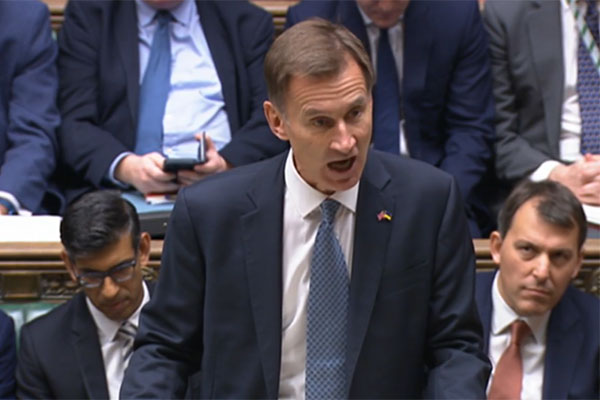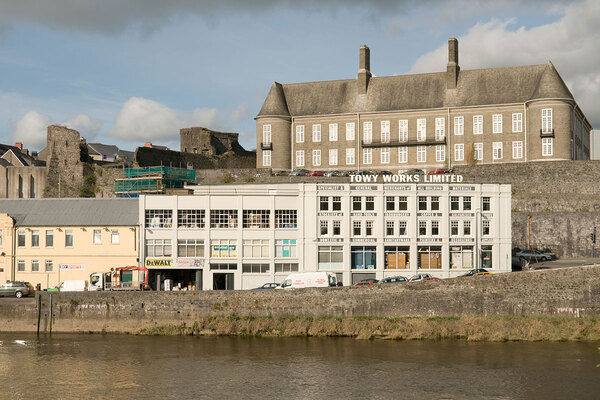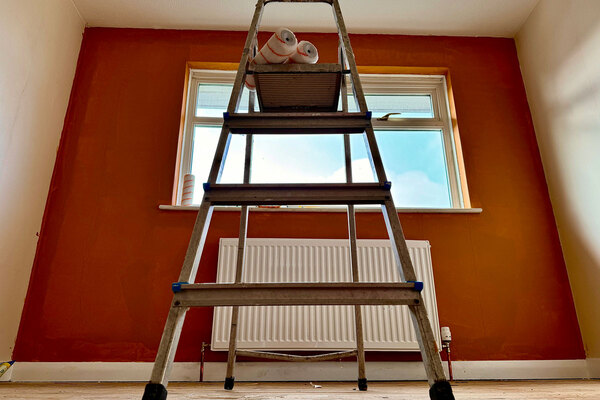You are viewing 1 of your 1 free articles
Spring Budget 2023: what is the sector calling for?
Next week, the government will unveil its Spring Budget. From funding a new Decent Homes Standard to decarbonisation, the UK’s biggest social landlords have set out their demands.
In the fiscal statement scheduled for next Wednesday (16 March), chancellor Jeremy Hunt will update parliament and the public on the state of the economy since the Autumn Budget. But what are the housing sector’s priorities?
Energy efficiency
The chancellor has been urged to extend the government’s Energy Price Guarantee, which is due to end in April. If this doesn’t happen, the typical household’s annual energy bill would leap from £2,500 to £3,280.
With energy costs so high on the political agenda, social landlords are calling for more urgency in upgrading the UK’s draughty and ageing housing stock.
London’s largest housing associations, represented by the G15 group, have urged the government to speed up allocation of the Social Housing Decarbonisation Fund (SHDF) and accompany this with further cost of living support for residents.
This was echoed by the National Housing Federation (NHF), which called on the chancellor to release the full remaining SHDF beyond 2025. “This will provide longer-term funding certainty, growing the economy and creating hundreds of thousands of new jobs across the country,” it said.
PlaceShapers, a national network of more than 100 housing associations and ALMOs, also put heating homes at the top of its wish list. It called for “effective, ongoing support” for those struggling to pay energy bills during the crisis, and the boosting of insulation to keep bills low.
The Chartered Institute of Housing (CIH) called for “clear, long-term plans to tackle homes with poor energy efficiency”.
Welfare reform
Another area in which the industry wants urgent change is welfare, specifically the unfreezing of local housing benefits to allow them to keep pace with inflation and local rents.
The Northern Housing Consortium (NHC), which represents the biggest landlords in the North of England, focused its entire Budget submission on the issue. The group called for Local Housing Allowance (LHA) to cover at least the 30th percentile of local rents, and then relink the benefit to the real cost of renting for future years.
The NHC said there were 8,810 households across the North in temporary accommodation at the end of 2021-22, and this was driven by councils’ inability to secure suitable social or private rented accommodation.
“Whilst the long-term solution is to build more social housing, a more adequate level of Local Housing Allowance would immediately enable local authorities to reduce the use of temporary accommodation, especially bed and breakfasts,” it said.
This demand was also made by PlaceShapers and the CIH, which called for reform to welfare provision so that “those on the lowest incomes have the support they need”.
In its submission, the CIH pointed out that 58% of private renters on Universal Credit across Great Britain have a shortfall between their actual rent and the LHA.
Supporting regeneration
Housing organisations have also called for more funding for regeneration schemes. The G15 and NHF both highlighted the lack of funding for replacing homes in the most recent Affordable Homes Programme (AHP).
Most government funding for affordable housing focuses on additional new homes, the NHF said, rather than replacement. It said this was leading to a lack of investment in existing communities, as regeneration projects were “virtually impossible” to fund in lower-value areas where cross-subsidy does not work.
The body urged the government to “enable more flexibility on existing funding, including allowing for replacement of homes so that high-quality, housing-led regeneration is delivered where it cannot be funded otherwise”.
The G15 group also raised concerns on this issue and argued that demolition and replacement of homes that have reached the end of their useful life was a “much-needed aspect of meeting housing need”.
“The government should increase grant funding for the supply of social rented homes, and reintroduce funding for the replacement of existing homes through future funding programmes,” it said.
Decent Homes Standard
The G15 group called for a new “fit for purpose” Decent Homes Standard, with funding to deliver it. A review of the standard began in 2021, but final proposals have not yet been brought forward.
In its submission, the G15 group said the Spring Budget was an opportunity to set out a “definitive timeline” for when the review would be completed after consultation.
It said that, given the “multiple pressures” on providers’ resources, the government must outline what funding and financing mechanisms it would provide to support improving the decency of homes.
“We are calling for the government to work with us to support providers in meeting our commitment by announcing a series of measures in the Spring Budget,” said Geeta Nanda, the G15 chair.
She added: “This should include confirmation of when a new fit-for-purpose Decent Homes Standard will be agreed, and what funding and financing measures will be made available to deliver it.”
The G15 called for certainty on rent-setting and the reintroduction of rent convergence mechanisms, which ended in 2016.
The group has calculated that 29% of members’ homes covered by the rent standard are currently below target rent, leading to an annual shortfall in rental income of £67.7m.
“Reintroducing the rent convergence mechanism would off-set some of the impact of the rent cap and provide more resource for providers to invest in existing homes,” the group said.
Sign up for our daily newsletter
Already have an account? Click here to manage your newsletters












